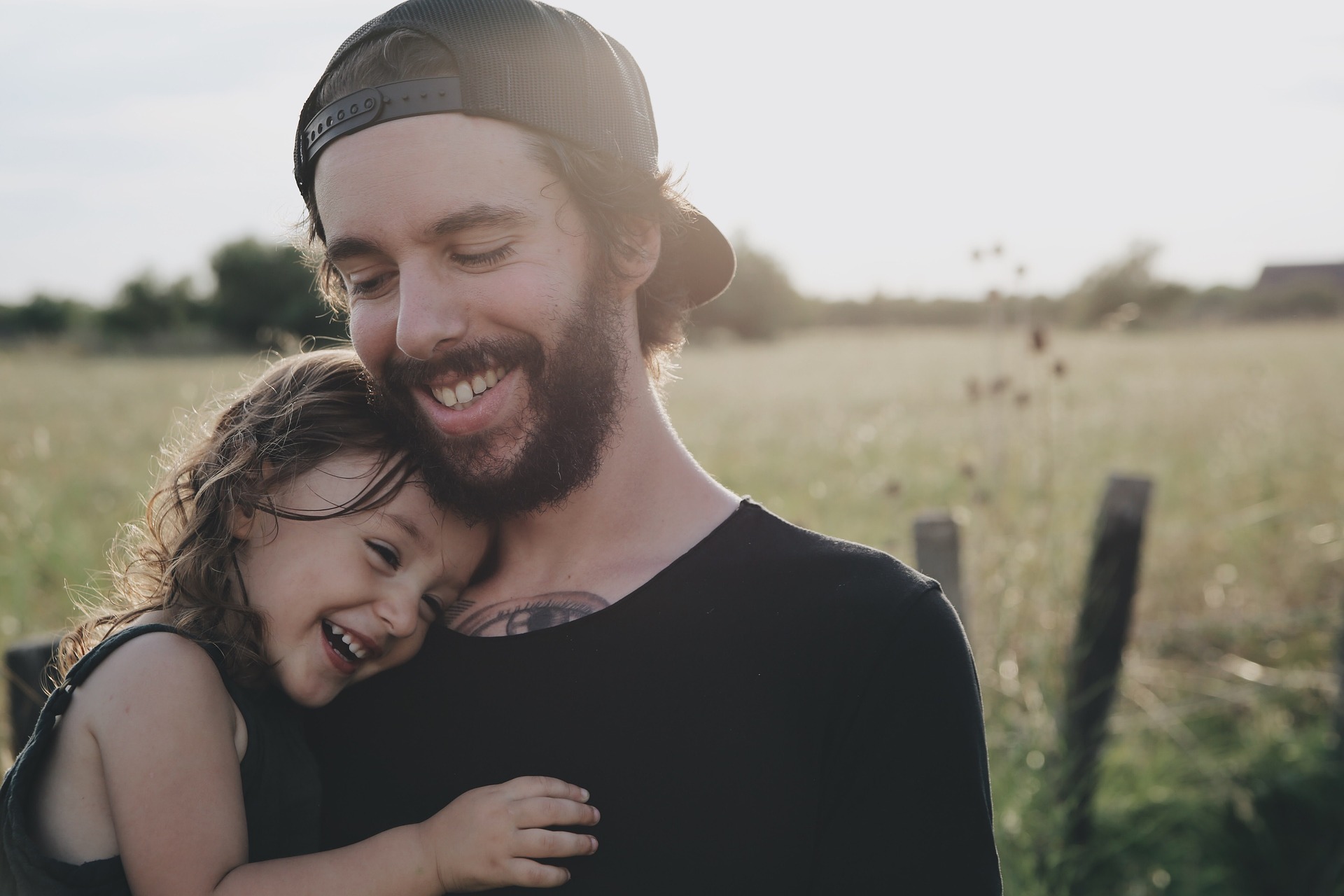Managing Anxiety: A Holistic Approach to Inner Calm
The human ability to experience anxiety is not a modern phenomenon. It has been with us since our earliest ancestors roamed the earth. The "fight or flight" response, triggered by perceived danger, has been a critical survival mechanism throughout the course of human evolution. However, when this response is triggered too frequently or intensely, it can lead to the debilitating condition we now recognize as an anxiety disorder.
Historically, anxiety was often misunderstood, misdiagnosed, or dismissed as mere nervousness or weakness. It wasn’t until the 1980s, with the advent of the Diagnostic and Statistical Manual of Mental Disorders (DSM), that anxiety was formally recognized and categorized as a legitimate mental health concern. Since then, our understanding of anxiety has grown significantly, as has the recognition of its impact on wellbeing.
The Current Relevance of Anxiety
In today’s fast-paced, high-pressure society, anxiety is more relevant than ever. According to the Anxiety and Depression Association of America (ADAA), anxiety disorders are the most common mental illness in the U.S., affecting 40 million adults every year. Globally, the World Health Organization (WHO) estimates that one in 13 people suffer from anxiety.
The recent COVID-19 pandemic has only intensified these figures, with a significant increase in reported cases of anxiety worldwide. The uncertainty and stress brought on by the pandemic, coupled with social isolation and economic instability, have created a perfect storm for anxiety disorders.
Trends in Managing Anxiety
Over the last few decades, there has been a decisive shift towards a more holistic approach to managing anxiety. This approach recognizes that anxiety is not just a singular condition but a complex interplay of physical, psychological, and social factors. As such, managing anxiety effectively requires a multifaceted strategy that addresses these various elements.
Traditional methods such as psychotherapy and medication remain vital components in treating anxiety. Cognitive-behavioral therapy (CBT), in particular, has proven effective in helping individuals understand and change thought patterns that lead to anxiety. However, there is a growing recognition of the role of lifestyle changes and self-care practices in managing anxiety.
Mind-body practices such as meditation, yoga, and deep-breathing exercises have gained popularity for their ability to calm the mind and relax the body. Likewise, regular physical exercise, a balanced diet, and adequate sleep have been found to have a significant impact on anxiety levels.
Moreover, the trend towards digital mental health solutions, such as online therapy and stress management apps, has made anxiety management more accessible than ever. These digital platforms provide tools and resources that empower individuals to take charge of their mental health, often at their own pace and in the comfort of their own homes.
The Impact and Reception of a Holistic Approach
This holistic approach to managing anxiety has been widely accepted and endorsed by both the medical community and the general public. By addressing the multifaceted nature of anxiety, it provides a more comprehensive and personalized treatment plan.
Many people find that combining different strategies—such as therapy, medication, lifestyle changes, and self-care practices—enhances their ability to manage anxiety. This approach also empowers individuals to take an active role in their mental health, which can boost self-confidence and improve overall wellbeing.
However, it’s important to note that what works for one person may not work for another. Each individual’s experience with anxiety is unique, and their path to managing it should be too.
Unique Insights: The Role of Community in Managing Anxiety
While much focus has been given to individual strategies for managing anxiety, the role of community is often overlooked. Social support—from family, friends, or support groups—can play a crucial role in managing anxiety.
Research has shown that social support can buffer against the effects of stress and reduce the risk of anxiety. Feeling connected to others can provide a sense of security and belonging, which can counter feelings of fear and uncertainty that often accompany anxiety.
Furthermore, community can play a crucial role in reducing the stigma associated with anxiety. Open conversations about mental health can help normalize anxiety, making it easier for individuals to seek help and support.
The Path to Inner Calm
Managing anxiety is a complex and personal journey. It requires an understanding of the multifaceted nature of anxiety and a holistic approach to treatment. By combining traditional methods with lifestyle changes, self-care practices, and community support, individuals can find a path to inner calm and improved wellbeing.
As we continue to navigate our way in this high-pressure, fast-paced world, it is our hope that the conversation around anxiety and mental health continues to evolve, allowing more people to find the support and strategies they need to manage anxiety effectively. It’s in our collective strength and understanding that we can begin to alleviate the burden of anxiety and foster a more compassionate society.





